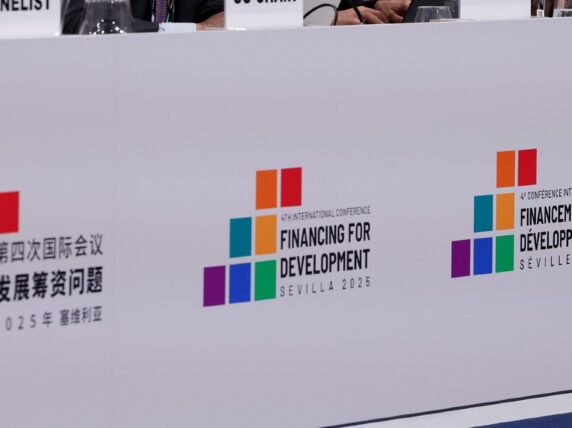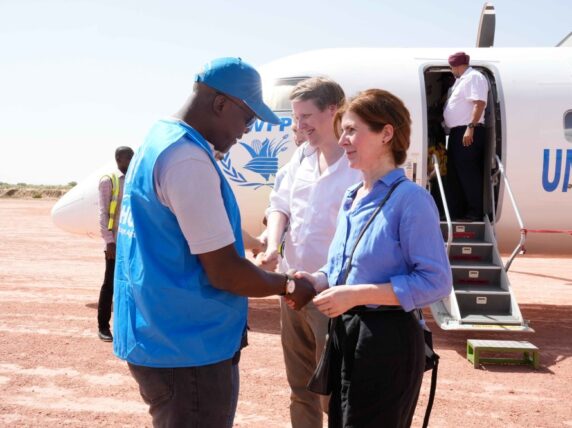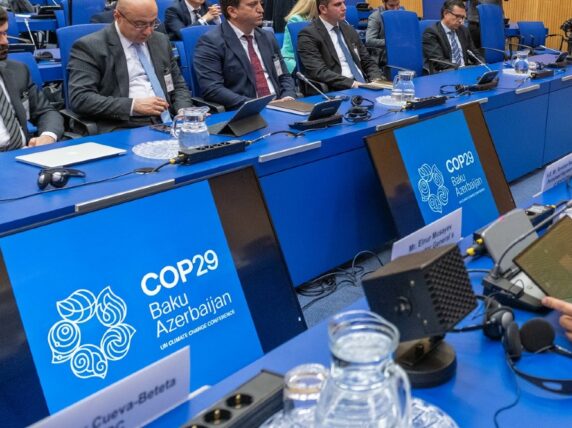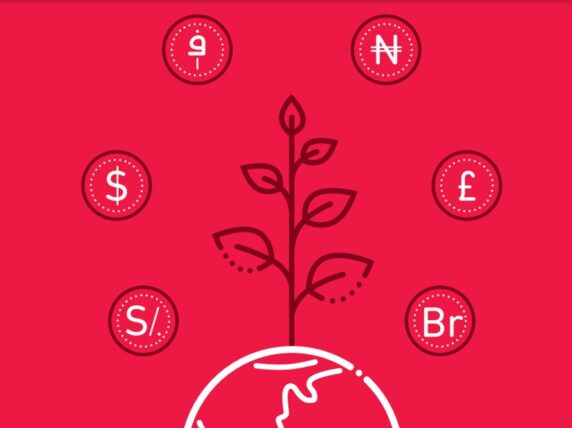Last week, Bond and more than 20 of our members, travelled to Seville alongside government, UN, global civil society and business representatives for the Fourth International Financing for Development Conference (FfD4). Here, Alex Farley, Sandra Martinsone and our members take us through the events of the conference.
Baroness Chapman appeared for the first time in front of the International Development Committee last week to lay out some of her priorities following the Prime Minister and Chancellor’s short-sighted decision to cut UK ODA. So, what did we learn?
When economic inequality, hunger and malnutrition exist and seem like an unchangeable reality, one truth is clear: access to financial services and livelihoods has the power to change everything.
There is an emerging paradigm change of aid architecture, which takes the public debate to a new level, questioning role, purpose and legitimacy of aid, institutions, INGOs and even the very concept of development. How do we move beyond fixing the broken system and reimagine a new one?
For many organisations, there is a broader trend of uncertainty and shifting funding landscapes. But how prepared are we for these endings? And how do we ensure our organisations can adapt and thrive in such a rapidly changing world?
How a unique collaboration between a palm oil business and two NGOs, one in the UK, the other in Sierra Leone, has seen child labour plummet.
Despite global efforts to tackle the devastating effects of climate change, we are falling short of meeting the world’s climate goals. What is hindering our progress?
COP29 requires much more from the UK on climate finance to fulfil manifesto commitments to climate leadership and to reset the UK’s relationship with Global South partners. CAN UK’s Catherine Pettengell tells us more.
Bond’s new research on decolonising economic development aims to stimulate debate on the future role of international development organisations. Sandra Martinsone tells us more.









